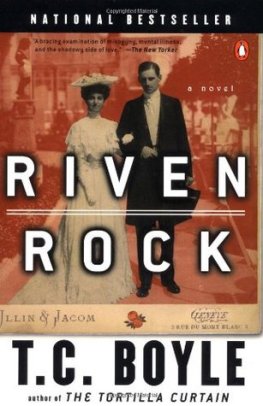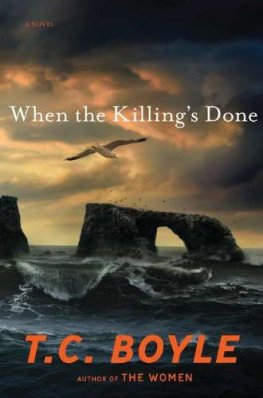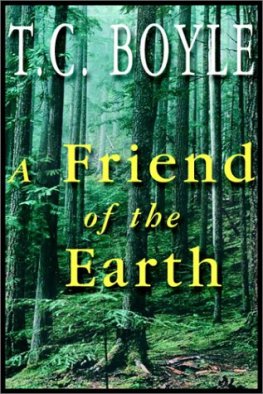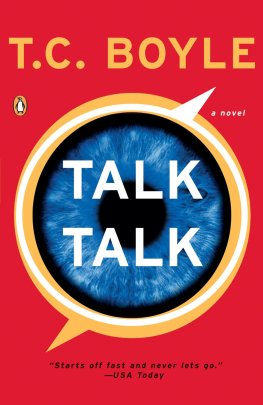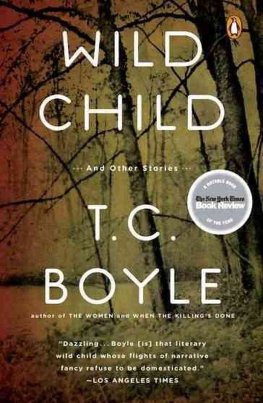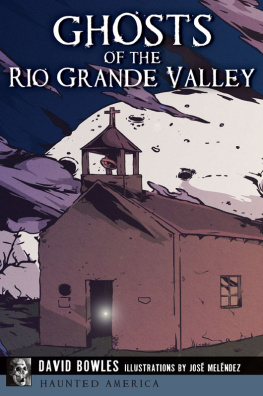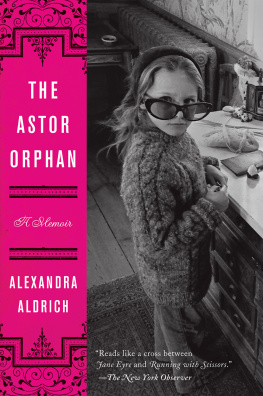In memory of my own lost father
After such knowledge, what forgiveness?
T. S. Eliot, Gerontion
In the Seventeenth Century
At Nysens Roost

Among the Kitchawanks
SACHOES, sachem of the Kitchawanks
WAHWAHTAYSEE, his wife
MINEWA, their daughter
MOHONK (MOHEWONECK), their son
JEREMY MOHONK (SQUAGGANEEK), son of Katrinchee Van Brunt and Mohonk
At Van Wartwyck


IN THE TWENTIETH CENTURY
At Kitchawank Colony

At the Shawangunk Reservation
JEREMY MOHONK pre
MILDRED TANTAQUIDGEON, his wife
JEREMY MOHONK, their son and last of the Kitchawanks
HORACE TANTAQUIDGEON, Mildreds brother
In Van Wartville
ROMBOUT VAN WART, eleventh heir to Van Wart Manor
CATHERINE DEPEYSTER VAN WART, his wife
DEPEYSTER VAN WART, their son and heir
JOANNA VAN WART, Depeysters wife
MARDI VAN WART, their daughter
PELETIAH CRANE
STANDARD CRANE, son of Peletiah
TOM CRANE, son of Standard
PIET AUKEMA
He began to doubt
whether both he and the world around him
were not bewitched.
Washington Irving, Rip Van Winkle
On the day he lost his right foot, Walter Van Brunt had been haunted, however haphazardly, by ghosts of the past. It began in the morning, when he woke to the smell of potato pancakes, a smell that reminded him of his mother, dead of sorrow after the Peterskill riots of 1949, and it carried through the miserable lunch break he divided between nostalgic recollections of his paternal grandmother and a liverwurst sandwich that tasted of dead flesh and chemicals. Over the whine of the lathe that afternoon he was surprised by a waking dream of his grandfather, a morose, big-bellied man so covered with hair he could have been an ogre out of a childrens tale, and then, just before five, he had a vague rippling vision of a leering Dutchman in sugarloaf hat and pantaloons.
The first ghost, the ghost of the pancakes, was conjured by the deft culinary hand of Lola Solovay, his adoptive mother. Though Walter was only midway through his fourth year when his natural mother succumbed to the forces of bigotry and misguided patriotism, he remembered her chiefly for her eyes, which were like souls made flesh, and her potato pancakes, which were light, toothsome, and drowned in sour cream and homemade applesauce. Lying abed, waiting in the limbo between dreaming and consciousness for the alarm to summon him to his hellish job at Depeyster Manufacturing, he caught the scent of those ethereal pancakes, and for just a moment his mother was there with him.
The ghost of his grandmother, Elsa Van Brunt, was also mixed up with the scent of food. He unwrapped the liverwurst on white Lola had concocted for him in the penumbral dawn, and suddenly he was ten years old, spending the summer on the river with his grandparents, the day as dark as December with the storm sitting atop Dunderberg Mountain. His grandmother had got up from her potters wheel to fix his lunch and tell him the story of Sachoes daughter. Sachoes, as Walter knew from previous episodes, was chief of the Kitchawanks, the tribe that was flimflammed out of its land by the founders of Peterskill-on-the-Hudson back in the days of the Colony. At that time, the Kitchawanks, who were, generally speaking, a lethargic, peace-loving, oyster-eating clan of layabouts and bark-hut builders, owed fealty to the fierce Mohawk to the north. Indeed, so fierce, so savage, so warlike and predatory were these Mohawk that a single brave could be sent down to collect tribute, and Manitou have mercy on the tribe that failed to feast him like a god and laden him with wampumpeak and seawant. Kanyengahaga, the Mohawk called themselves, people of the place of flint; the Kitchawanks and their Mohican cousins called them Mohawk, people who eat people, a reference to their propensity for roasting and devouring those who failed to please them.
Well. White bread was laid out on the plate, tomatoes were sliced, a cellophane-wrapped tube of liverwurst produced from the refrigerator. He had a daughter, Walters grandmother said, and her name was Minewa, after the goddess of the river who hurled thunderbolts. She pointed out the window and across the broad back of the Hudson to where lightning sprang like nerve endings from the crown of Dunderberg. Like those.
One lazy August afternoon, a Mohawk brave strode into the village, naked but for his breechclout and painted like death and the devil. Tribute, he demanded, in a tongue that sounded like the thrashing of adders, and then he fell down in a swoon, blood pouring from his mouth and ears, and the pockmarks standing out on his face. Minewa nursed him. If he died, there would be no more oyster eating, no fooling around in bark canoes and plucking the sweet white meat from the cavities of blueclaw crabs: there would be no more Kitchawanks. The Mohawk would see to that.
For a month he lay prostrate in Sachoes hut, his head cradled in Minewas lap while she assuaged his fever with otter musk and fed him herbs and wild onion. Gradually he began to regain his strength, until one day he was able to stand without support and repeat his demand for tribute. But this time it wasnt beaverskins or wampumpeak he wanted: it was Minewa. Sachoes was reluctant, but the Mohawk blustered and threatened and cut open his chest in three places to show his sincerity. He would take her to the north country and make her a queen. Of course, if Sachoes preferred, the brave would go home empty-handed and then return one starless night with a raiding party and cut up the Kitchawanks like dogs. Sachoes, who was shortly thereafter to be hoodwinked by the Dutch trader who founded Peterskill on the sacred rock where the chiefs forefathers had watched Manitous big woman descend to earth, said Sure, take her.
Two weeks later a party of Kitchawanks was combing the adjoining valley for acorns, chestnuts and rose hips when they came across the smoke of a cooking fire. With stealth, with courage and curiosity and not a little audacity Manitou knows, it could have been the devil himself cooking up a plague they approached the clearing from which the smoke rose into the sky like a capnomancers dream. What they saw, Walters grandmother said, spreading mayonnaise, was betrayal. What they saw was the Mohawk and Minewa, what was left of her. She was nothing from the waist down, his grandmother said, setting the sandwich before him liverwurst, the texture and color, the very smell of flesh nothing but bone.
If the images of mother and grandmother had been summoned by a tickle of the olfactory lobe, the ghost of his grandfather was more problematic. Perhaps it was a matter of association: once the pattern is established, one thing gives rise to another and the mind plays out memories like beads on a string. At any rate, in the heat of the afternoon, old Harmanus Van Brunt had materialized just to the left of the lathe, big-boned, big-bellied, and big-headed, hairy as a hog, with cutting oil and aluminum shavings caught in the hair of his forearms and a clay pipe clenched between his teeth. All his life hed been a fisherman, hauling nets with the strength of his shoulders and the counterbalance of his belly, and hed died as hed been born: on the river. Walter had been twelve or thirteen at the time. His grandfather, too old at that point to handle the big gill nets weighted down with stripers or sturgeon, had kept his hand in by netting killifish and keeping them in pens for sale as bait. One afternoon and for Walter the recollection was like a hot cautery the old mans face went numb and the stroke folded him up like a jackknife and pitched him into the bait pen, where the mass of killifish closed over him. By the time Walter could get help, the old man had drowned.


